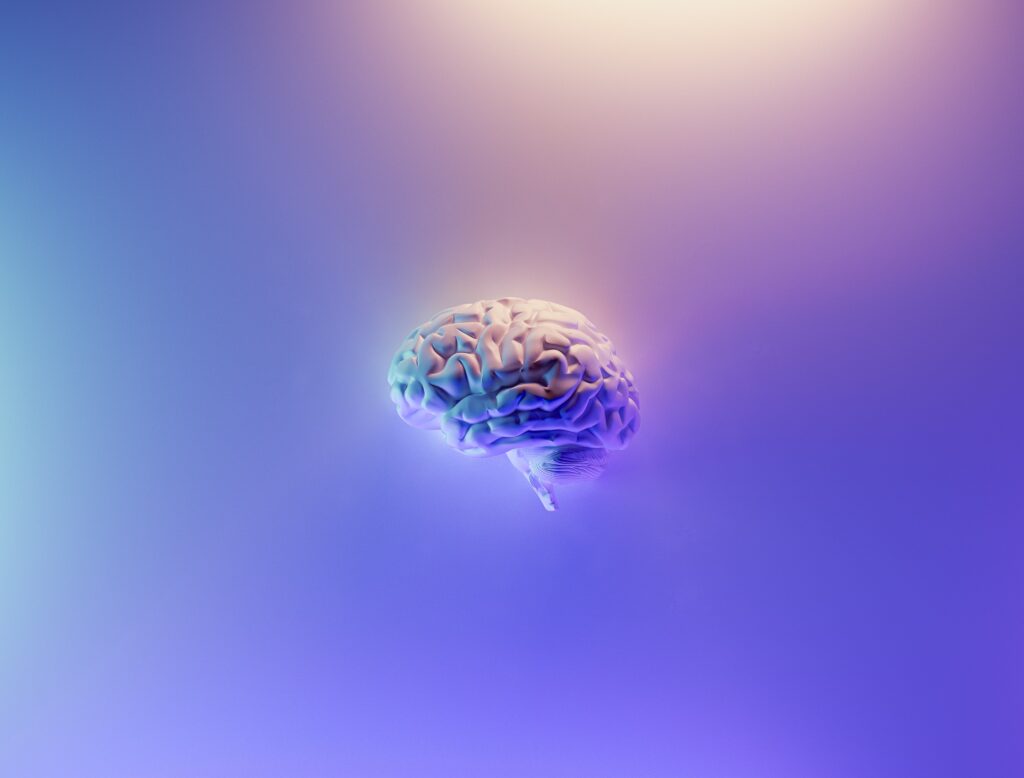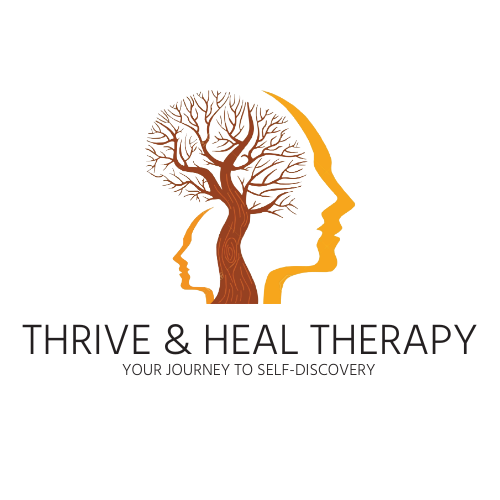Trauma
“Any significant event or experience which causes extreme emotional distress to an individual is referred to as a trauma.”
Trauma can be subjective in nature when it comes to its intensity as each person might respond to similar events differently. However, numerous gathered data and extensive research for over the decades have helped us to identify a number of events as traumatic that can be both physical and emotional in nature.

Traumas can be categorized into following:
- Acute trauma is when a single event happened and lead to an intense emotional response and left a lasting impact on the person for instance sexual assault, death of a loved one.
- Chronic trauma is the events or experiences which happen frequently, it includes a repeated exposure over a long time. For instance childhood neglect, domestic abuse, sexual abuse.
- Complex trauma is when a person has had exposure to various traumatic experiences and is of aggressive and invasive in nature such as torture, kidnapping, forced into prostitution, forced into slavery etc.

Effects of trauma on the brain
Studies show the human brain is consistently going through changes and developing as we age, especially from as early as 5 years to 20 years of age.
Certain experiences such as traumas can alter the brain functions and can affect the development of certain brain areas consequently leading to a number of psychological issues.
A large amount of research data suggests decreased volume of the brain especially in individuals with post traumatic stress disorder.
Lesser volume in the brain is often associated with smaller hippocampus, amygdala and prefrontal cortex.
Hippocampus is the part of the brain which consolidates memory, is involved in long term memory formation and also plays its role in retrieval of memories. Individuals with traumatic experiences have smaller hippocampus and experience memory issues such as dissociative amnesia that is memory gaps or black outs.
Amnesia can manifest in the form of forgetting about a certain event or forgetting a few hours periods of time or feeling dissociated with oneself.
Amygdala is the tiny brain structure that performs a number of significant functions. It is involved in emotional regulation, perceiving fear, plays an integral role in reward processing and assigning meanings to memories.
Trauma can cause overstimulation of amygdala which causes individuals with PTSD to perceive and feel more fear to stressors than a normal person (Prajjwal et al,2022)
Prefrontal cortex is another significant brain part associated with trauma. Its functions include planning , making decisions, regulating social behaviors, language use and development and higher order functioning. Trauma can cause smaller volume development of the prefrontal cortex hence causing cognitive difficulties in people who suffer from it.

Trauma and distorted thinking
Trauma can cause people to develop an altered way of thinking, cognitive distortions are the negative thought patterns which we unconsciously develop in response to environmental stimuli that lead us to irrationally evaluate any situation.
- Trauma causes impairment in cognitive functioning such as thinking and decision making.
- It affects the ability to regulate emotions. People with PTSD suffer from emotional distress, they often experience intense anxiety, fear, anger and grief. The intensity of their emotional responses is far greater due to the changes that happen in the brain caused by trauma.
- Dissociation is the most significant deficit that is caused by trauma. It can be related to one event or can lead to memory blackouts. In extreme cases derealization (a feeling that nothing in your surrounding is real) or depersonalization (out of body experience, feeling dissociation from oneself) can also occur.
- It can lead to memory deficits causing people to forget things, events and experiences or experience them as a blur.
- Trauma causes excessive anxiety and makes individuals more susceptible to developing anxiety disorders. Especially, if someone has experienced childhood trauma or trauma in adolescence it’s most likely due to structural changes their personality disposition is developed and they are more prone to get anxious.
- It causes depressed and low moods, accompanied with other negative emotions such as shame and guilt. Studies show people who have experienced trauma also suffer from major depression and these two disorders often co occur (Hill, 2003)
- It causes fatigue, body aches, sleep difficulties, people experience repeated nightmares due to hyperactivity of amygdala and an intense unusual response is shown towards stressors in comparison to people who have never experienced trauma.
- It over-stimulates the stress response of body (flight / fight ) mode and can make people hypersensitive, avoidant and agitated.
Trauma and stress related disorders
DSM-5 has categorized the trauma disorders into following
- Acute stress disorder
- Post traumatic stress order
- Reactive attachment
- Dissociative disorders

Treatment options
- The most effective treatment options are psychotherapy and medication.
- It’s also important to learn relaxation techniques
- work on cognitive distortions in cognitive behavioral therapy
- Trauma focused group therapy
Trauma or a traumatic event can trigger the stress response of the body. It leads towards distorted thinking and emotional dysregulation. Professional advice should be sought if you experience any symptoms or distress due to a trauma.
References
Bremner J. D. (2006). Traumatic stress: effects on the brain. Dialogues in clinical neuroscience, 8(4), 445–461. https://doi.org/10.31887/DCNS.2006.8.4/jbremner
Anand, K. S., & Dhikav, V. (2012). Hippocampus in health and disease: An overview. Annals of Indian Academy of Neurology, 15(4), 239–246. https://doi.org/10.4103/0972-2327.104323






